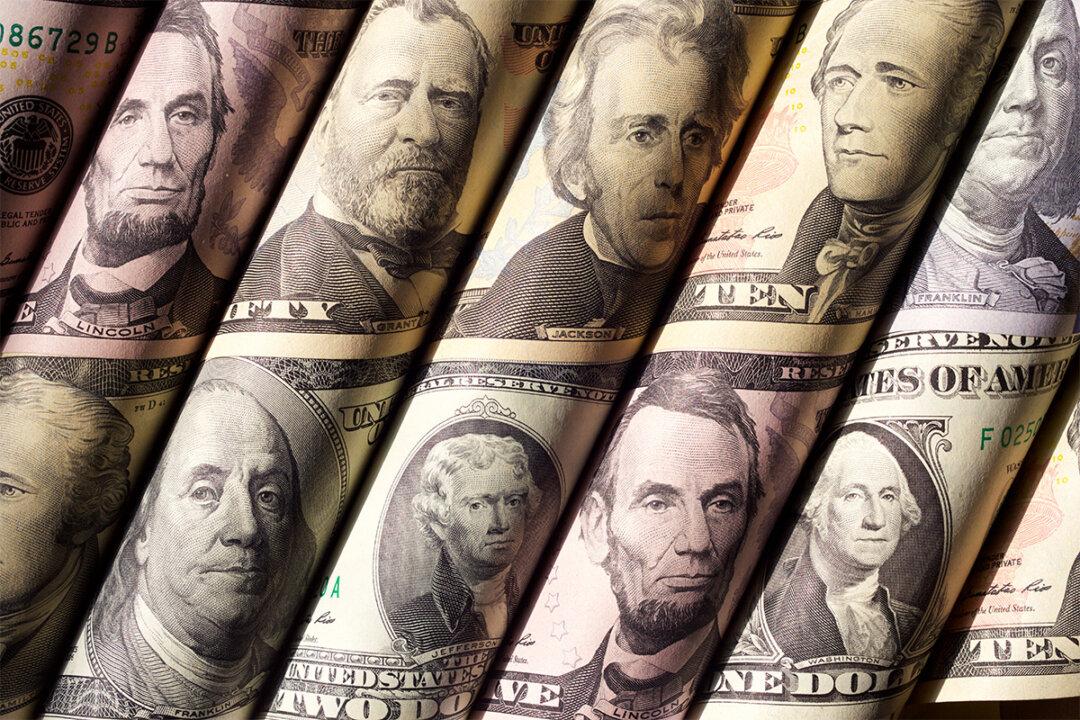As the amount of money being pumped into political campaigns escalates, so does the damaging impact it has on our politicians and their policies.
According to the latest projections obtained from GroupM and reported by Axios on Dec. 8, spending on political radio and television ads will reach $15.9 billion during the 2024 presidential election cycle and could exceed $17 billion if you include direct mail ad campaigns.





